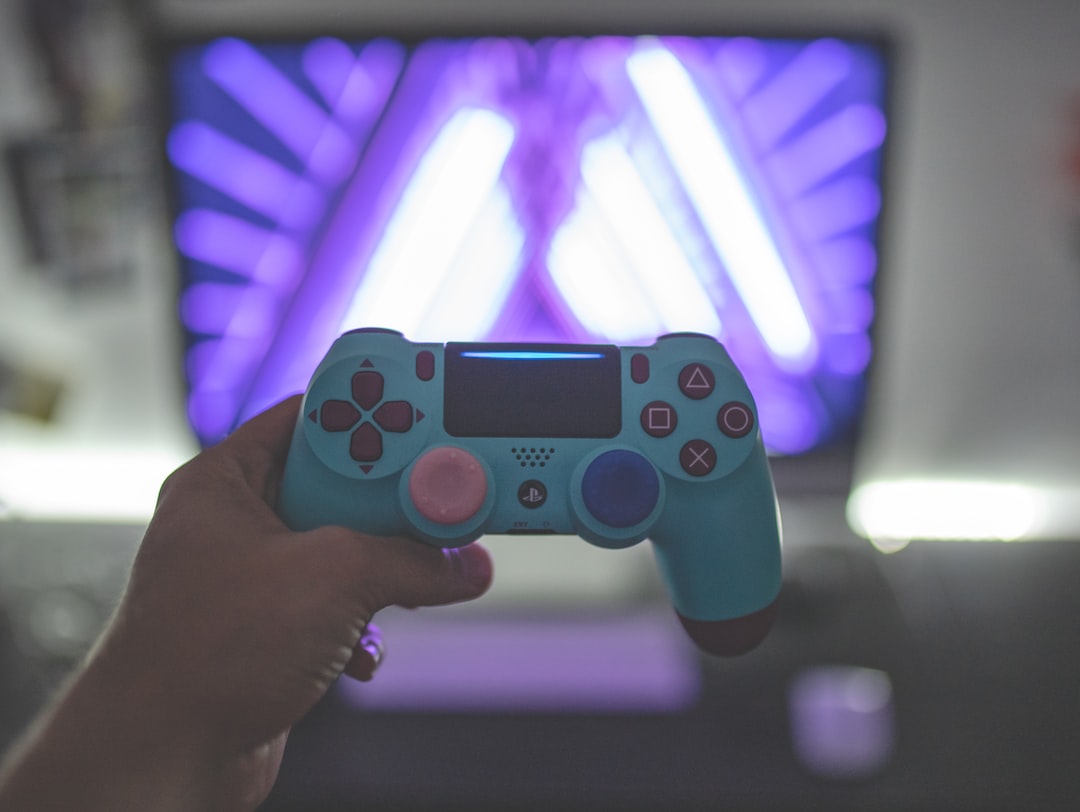How Gaming Can Improve Cognitive Skills and Mental Health
In recent years, gaming has become more than just a form of entertainment; it has evolved into a multifaceted industry that encompasses various genres, platforms, and audiences. While some may argue that excessive video game usage negatively impacts mental health, numerous studies have shown that gaming can actually improve cognitive skills and contribute positively to mental well-being. In this post, we will explore the ways in which gaming can enhance cognitive abilities and promote better mental health.
First and foremost, gaming has been proven to improve problem-solving and critical thinking skills. Many video games require players to strategize, analyze situations, and make split-second decisions. Whether it’s solving puzzles in a mystery game or developing tactics to overcome enemies in a role-playing game, these experiences stimulate the brain and encourage players to think creatively and analytically.
Furthermore, gaming can significantly enhance hand-eye coordination and fine motor skills. Studies have shown that individuals who regularly engage in gaming activities show improved reflexes and dexterity. This can be particularly beneficial for professions or everyday situations that require precise hand movements, such as operating machinery or performing surgical procedures. The ability to control and coordinate movements quickly and accurately is a valuable skill that gaming can help cultivate.
Gaming also fosters social interactions, which are vital for mental health. Multiplayer games, particularly online ones, provide opportunities for players to connect with others who share common interests. These interactions can lead to the development of friendships, a sense of belonging, and increased social support. Research has shown that strong social connections have a profound positive impact on mental health, reducing the risk of anxiety, depression, and feelings of isolation.
Another aspect of gaming that contributes to mental well-being is its potential to boost mood and relaxation. Engaging in a game that one enjoys can serve as a distraction from daily stressors, providing a much-needed escape and an opportunity to unwind. Additionally, research has shown that gaming can release dopamine, a neurotransmitter associated with pleasure and reward, which can enhance positive emotions and overall well-being. However, it is essential to strike a balance and avoid excessive gaming that might lead to neglecting other essential aspects of life.
Moreover, gaming can improve memory and cognitive flexibility. Many video games require players to remember specific information, such as rules, strategies, or item locations, which can enhance short-term and long-term memory. Additionally, gaming exercises the brain’s ability to switch between tasks and adapt to changing circumstances. These skills have broader implications beyond the gaming world and can be beneficial in academic and professional settings.
Lastly, certain types of video games, such as those involving physical activity, have been known to improve physical health as well. Games that require players to engage in physical movements, such as dancing or sports simulations, promote physical fitness and can contribute to reducing the risk of various health conditions.
While gaming undoubtedly offers numerous benefits for cognitive skills and mental health, it is essential to be mindful of potential risks and drawbacks. Excessive gaming can lead to sedentary lifestyles and neglect of other essential aspects of life, such as personal relationships, work, and physical health. It is crucial to maintain a healthy balance and incorporate gaming responsibly into one’s routine.
In conclusion, gaming has the potential to significantly impact cognitive skills and mental well-being positively. Through promoting problem-solving abilities, enhancing hand-eye coordination, fostering social interactions, boosting mood, improving memory and cognitive flexibility, and even improving physical health, gaming offers a range of benefits that should not be overlooked. However, it is vital to prioritize responsible and balanced gaming habits to reap the benefits without impeding other areas of life. So, embrace gaming as a tool for personal growth, cognitive development, and mental well-being while remaining mindful of the need for moderation.

